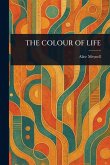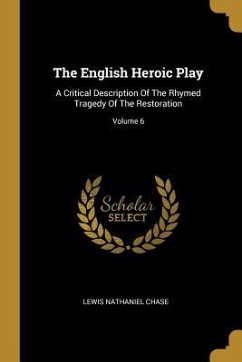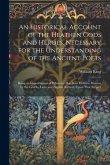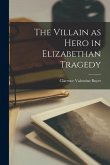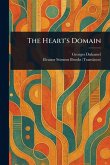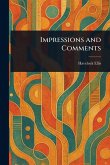Thomas Carlyle's "Sartor Resartus, and On Heroes, Hero-Worship, and the Heroic in History" explores profound philosophical ideas through unconventional literary forms. "Sartor Resartus," a unique blend of fiction and philosophy, presents the life and opinions of Professor Diogenes Teufelsdröckh, offering a satirical yet insightful commentary on society, belief, and the human condition. Accompanying this seminal work is "On Heroes, Hero-Worship, and the Heroic in History," a collection of essays examining the role of heroes throughout history. Carlyle delves into the lives of figures he deems heroic, exploring their impact and influence on society. He covers a range of individuals from different fields, using biography as a lens through which to examine leadership, inspiration, and the enduring power of great individuals. This volume offers a compelling exploration of philosophy, biography, and literary experimentation, making it a timeless and thought-provoking read for anyone interested in exploring the nature of heroism and the power of ideas. This work has been selected by scholars as being culturally important, and is part of the knowledge base of civilization as we know it. This work is in the public domain in the United States of America, and possibly other nations. Within the United States, you may freely copy and distribute this work, as no entity (individual or corporate) has a copyright on the body of the work. Scholars believe, and we concur, that this work is important enough to be preserved, reproduced, and made generally available to the public. We appreciate your support of the preservation process, and thank you for being an important part of keeping this knowledge alive and relevant.
Bitte wählen Sie Ihr Anliegen aus.
Rechnungen
Retourenschein anfordern
Bestellstatus
Storno




